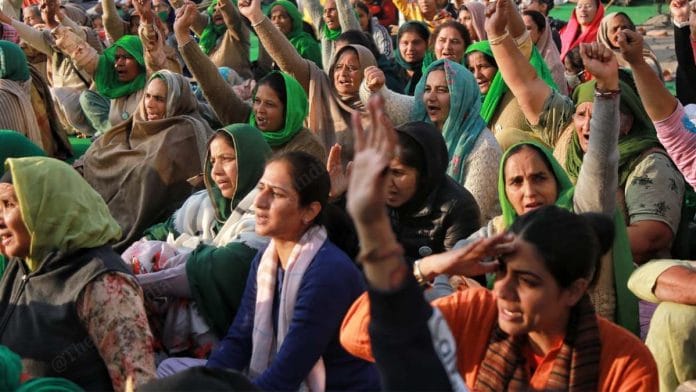India is an agrarian economy, with more than 55 per cent of its population engaged in agriculture. Even though agriculture contributes around 17 per cent of the total Gross Domestic Produce (GDP), according to the 2011 census, 2,000 farmers give up farming every day and this indicates that it is a challenging profession.
The Indian government has introduced three new farm laws in an attempt to reform the agricultural sector. These farm laws have been a subject of severe criticism and were followed by what has been termed as the largest farmer protest on the planet. This issue has also been considered one of the biggest challenges of the government as the farmers have been relentless in their demand for a total repeal of the laws.
The protestors’ primary contention is that these laws are most likely to exploit the farmers by opening the market to corporate firms, leading to a loss of their autonomy. The government, however, believes that these reforms are necessary to revolutionise the underperforming agriculture sector to feed the rising population.
The government and the farmer organisations have not reached a consensus even after nine rounds of formal talks. Consequently, the Supreme Court intervened into the matter and on 12 January, the court stayed the implementation of the contentious farm laws until further orders and constituted a four-member expert committee to resolve the deadlock between the farmers and the government.
However, several debates have arisen about the SC intervention and whether the top court was right in staying the laws without debating the merits of constitutionality and legality of the laws.
Judicial review vs stay on laws
The high courts and the SC have been vested with the power of judicial review enshrined under Article 13 of the Indian Constitution to assess the constitutional validity of legislation.
Propounded by the US Supreme Court in the historic case of Marbury vs Madison, judicial review has played a critical role in upholding the rights of individuals in the past, and it is considered to be a part of the basic structure of the Indian Constitution.
But in the instant case, there hasn’t been any hearing for deciding the constitutional validity of these legislations yet. So, it won’t be wrong to say that instead of discharging its judicial function, the court has overstepped its jurisdiction and violated the doctrine of separation of powers enshrined in the Constitution.
This doctrine states that the judiciary, legislature and the executive are three independent branches, and none of them should interfere with the other two’s functioning. This principle was reiterated in the landmark case of I.C Golakhnath vs the State of Punjab in 1967, where the court held that each of these entities should function within their scope.
By handling the case in this manner, the court seems to have intervened in a political dispute leading to intrusion into functions of the executive. Such intrusion is likely to undermine the voters’ mandate and the Parliament’s validity.
The fact that the court added that the farmers may be asked to shift the venue of the protest indicates that the court rather than deciding the validity of the statute seems more concerned with dismantling the social movement that has been going on for about two months.
Formation of the committee
Several questions have been raised against the formation of the four-member committee, which is another significant part of the matter. Neither farmers nor the government had approached the court to form such a committee for dispute resolution, so the committee here can be considered an unsolicited mediator.
According to senior advocate Dushyant Dave, one of the lawyers assisting the farmers, “The constitution of this committee is an unwarranted exercise”.
The farmer unions have also argued that the committee members constituted by the court have already expressed their opinions on the matter and are known for their support to the farm laws.
Bhupinder Singh Mann, the only member of the committee who believed that farmers interest should be protected and supported the amendments in the law, has recused himself from the process. All the remaining members have been known for calling the protests misguided, and hence, the appointment of such members with personal bias would raise questions on the fairness of the adjudication process.
The court has also directed the committee to present a report but there is no clarity of the significance that this report shall have in the pending cases before the court. Hence, it also leaves us with a very pertinent question of what would happen if the farmer unions or the government are still unsatisfied with the committee’s report after deliberations.
Avinash Kumar Yadav is a student of National Law University, Delhi.






